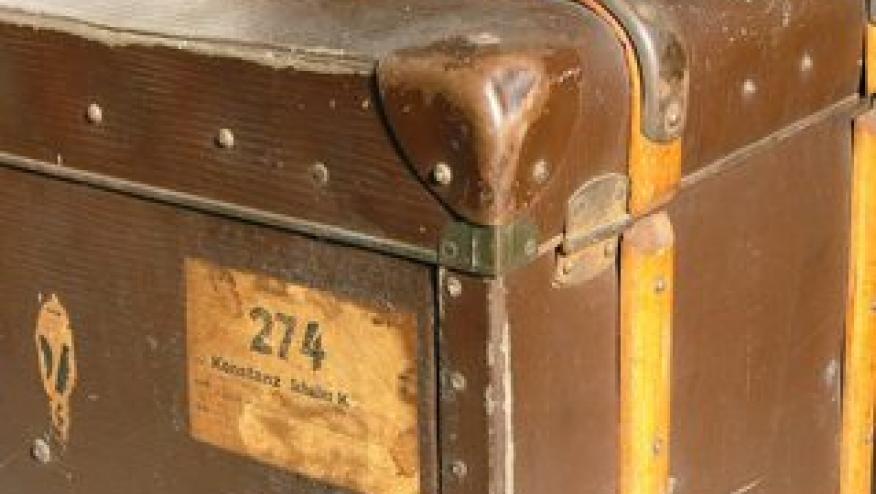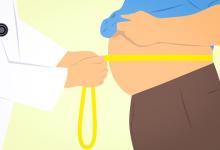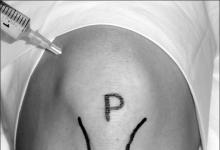A Busted Valise Save

I called my friend Dr. Danny Ricciardi the other day. He happens to be a rheumatologist of note, notably for inventing the “Brooklyn HAQ” - “How you doin’?”.
At the end of the conversation, and after invoking the Brooklyn HAQ, he said he felt like “a busted valise”.
Stunned and confused, I decided this has to be a blog.
I had called to discuss some news. After finishing our business, I asked “how are you doing”, knowing he’s been dealing with some pains in the last year or so. To which he responded by saying “you know, I feel like a busted valise”.
I made him repeat it, because I wasn’t quite sure I heard him right. “Valise” he repeated knowing it’s a word I should comprehend. Well, I had to laugh, because I haven’t heard that one in a long, long time.
To understand the reference, you need to know what a valise is. The term dates back to the 1600s, and was the name generally given to a leather case of moderate size, opening wide on a hinge or like a portfolio.
Valise is an old-world word for luggage or suitcase. The kind with zippers and hinges, usually made of leather with an the organic handle, composed of something old-world and indestructable, like an unchewable, hard rolled, unsmoked Cuban cigar.
The valise was built before plastic, Velcro or the invention of the wheel. You hardly see them anymore.
“Busted valise”. To understand the reference, you have to relate one's musculoskeletal composition to a piece of broken-down luggage, with faulty zippers, wonky hinges, with added rips, tears and scars from miles of use.
He was essentially saying he felt OK today and even though he was held together by screws and bailing wire, he was still able to do the job and walk the walk. Yes, because of a few medical challenges, he wasn’t quite up to running a race. Yet, he was far from quitting. Nose down, ass up, and moving forward.
I like the analogies here as they pertain to both life and providing medical care:
- That which is broken needs attention and understanding.
- Because it’s busted, doesn’t mean you have to fix it. At some point, it’s important to know when to leave “good-enough” alone. “Good enough” is my new mantra fueled by the adage “don’t let perfection be the enemy of good”.
- Fixing the broken could be a waste of time and effort, as it may not improve the outcome, nor be the right thing to do. You need to know when to stick with a busted valise or when to invest in an expensive titanium, spinner suitcase, that’s part transformer suitcase, part backpack and travel desk.
The Bible says, “What is broken, God blesses”.
Ah, but man must manage.
This takes wisdom and a lesson from Dr. Dan.










If you are a health practitioner, you may Login/Register to comment.
Due to the nature of these comment forums, only health practitioners are allowed to comment at this time.